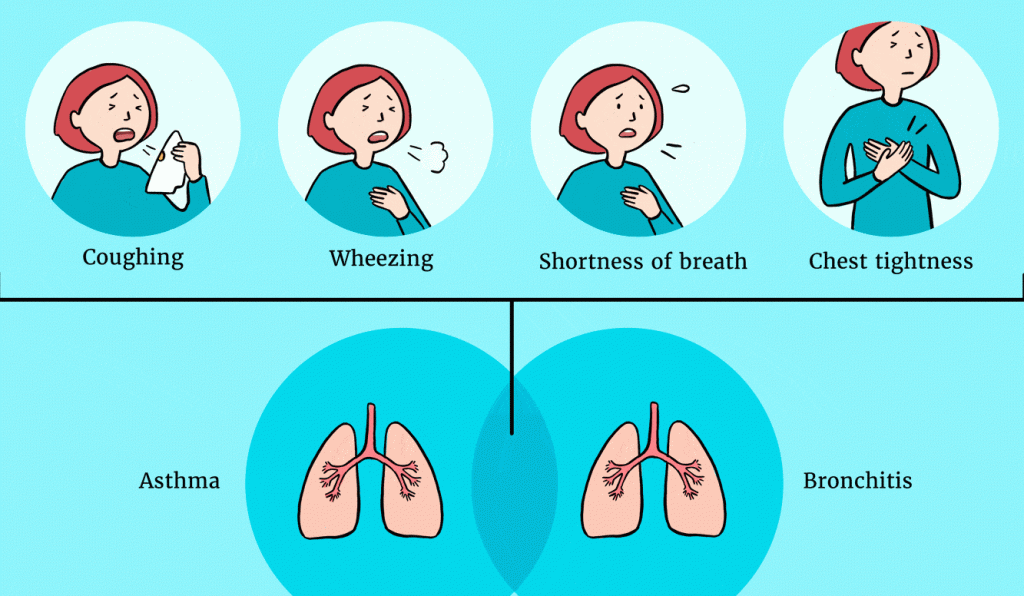### Understanding Asthma Symptoms
Asthma is a chronic respiratory condition that affects approximately 25 million people in the United States and 300 million globally. Without proper management, asthma can escalate and even become life-threatening.
According to the World Health Organization (WHO), asthma is the most common chronic disease found in children. It is a significant non-communicable disease (NCD) that impacts both children and adults alike. Asthma is marked by inflammation and narrowing of the airways in the lungs, resulting in symptoms such as coughing, wheezing, shortness of breath, and chest tightness.
### Common Triggers
Asthma triggers can differ between individuals but often include viral infections such as colds, dust, smoke, fumes, weather changes, pollen from grasses and trees, animal fur and feathers, as well as strong soaps and perfumes. Regardless of the triggers, the symptoms of asthma attacks are generally similar for everyone.
### Identifying Asthma Symptoms
Typical asthma symptoms include:
- Difficulty breathing
- Chest tightness or pain
- Wheezing
- Difficulty sleeping due to shortness of breath
- Coughing fits, often worsened by respiratory infections like the cold or flu
For some people, asthma symptoms worsen under certain conditions:
- Exercise-induced asthma (often triggered by cold, dry air)
- Occupational asthma (caused by workplace irritants like fumes, gases, or dust)
- Allergy-induced asthma (triggered by allergens such as pollen, spores, or animal fur)
While there is no cure for asthma, it can be effectively managed with the right medications.
### Asthma Management
For further information on managing asthma, explore the [Bridge Health Asthma Resource](https://bridgecanhealth.com/asthma/).
Asthma medications fall into two primary categories: **quick-relief medications** (for immediate relief during asthma attacks) and **long-term control medications** (for ongoing management and prevention of symptoms).
#### Quick-Relief Medications
- Short-acting beta2 agonists
- Antimuscarinics
- Systemic corticosteroids
- Intravenous xanthine
#### Long-Term Control Medications
- Inhaled corticosteroids
- Long-acting beta2 agonists
- Leukotriene inhibitors
- Xanthines
With a thorough understanding and proper management of asthma, individuals can enjoy a more active and comfortable lifestyle despite their condition.
